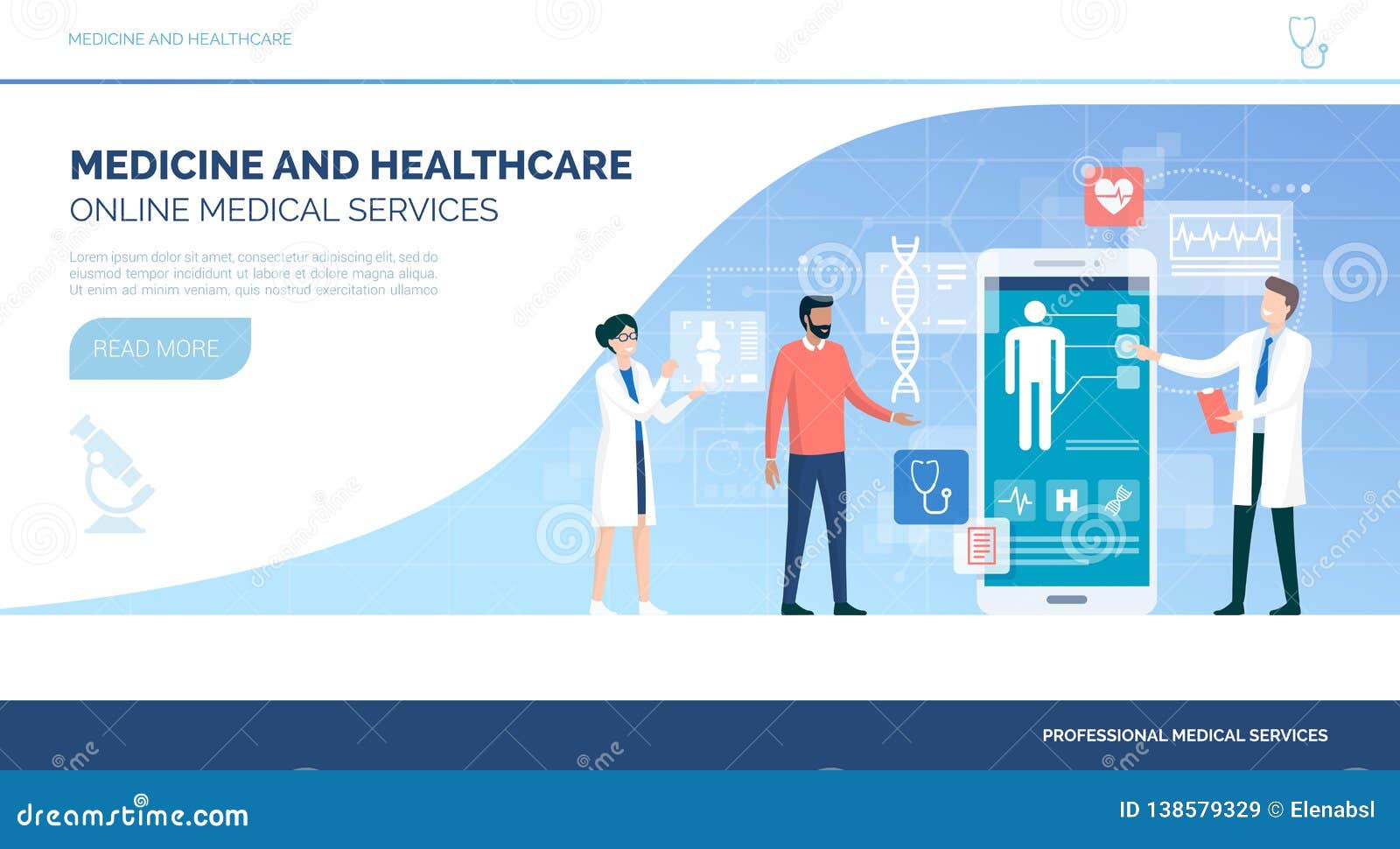How Subscription Based Healthcare is Transforming Patient Access to Services
How Subscription Based Healthcare is Transforming Patient Access to Services
Blog Article
Browsing the Future of Medication With Subscription-Based Healthcare Provider
As the medical care sector progresses, subscription-based solutions become a critical version promising to improve individual care delivery. With the possible to provide streamlined, cost-efficient remedies through predictable pricing and tailored interest, these services stand at the center of modern medical advancement. As we consider their rise, one have to contemplate the effects of integrating such systems right into existing medical care structures. What difficulties do they position in regards to information safety and security and equitable accessibility, and just how might they redefine the patient-provider partnership? The responses to these concerns might basically modify our method to health care.
Increase of Registration Health Care
As healthcare systems around the globe face enhancing stress from increasing expenses and need for services, the advent of subscription-based health care designs has actually become a transformative pattern. This innovative strategy is interrupting conventional medical care delivery by supplying a foreseeable, flat-rate settlement framework for medical solutions. Rooted in the concepts of attendant medicine, subscription-based healthcare permits suppliers to concentrate on customized individual care while at the same time taking care of operational efficiencies.
The surge of this design can be associated to a number of variables. Technical improvements have actually made it possible for more smooth integration of treatment through telehealth and digital wellness records, facilitating the scalability of membership services. The raising consumer demand for transparency and predictability in medical care costs has actually driven the change in the direction of this model. Subscription-based solutions usually provide straight accessibility to healthcare professionals, which can minimize the administrative problems related to insurance claims and compensations (subscription based healthcare).
This version is gaining grip amongst diverse doctor, from health care physicians to specialized facilities, by lining up monetary incentives with continuous and preventative care. By changing the emphasis from volume to value-based treatment, membership health care has the prospective to improve the landscape, fostering an extra patient-centered and sustainable method to health and wellness monitoring.
Advantages for Patients

Additionally, subscription-based services usually emphasize preventative care, motivating normal exams and health testings. This positive technique can lead to early detection of health and wellness issues, potentially boosting outcomes and reducing lasting health care costs for people. Such designs usually supply transparent rates, allowing clients to much better understand their medical care expenses and prevent unexpected medical costs.
The personalized nature of subscription-based healthcare also boosts patient experience. People can obtain tailored health care strategies that suit their particular demands, promoting an extra patient-centric technique. This customization can lead to enhanced person contentment and adherence to treatment plans. Registration solutions usually integrate wellness programs, supporting clients in preserving overall health and wellness and health. Inevitably, these advantages jointly contribute to an extra effective, cost-efficient, and patient-friendly healthcare experience.
Modern technology's Duty in Transformation

Artificial intelligence (AI) plays an important role in predictive analytics, aiding in very early diagnosis and tailored treatment plans. AI formulas evaluate substantial datasets to recognize patterns that may be neglected by human observation, thus improving professional decision-making. In addition, electronic health and wellness documents (EHRs) streamline client info monitoring, guaranteeing continuity and coherence of treatment throughout various services and companies.
Blockchain modern technology boosts data security and personal privacy, critical for preserving individual depend on in electronic systems. It makes it possible for safe and secure and clear purchases of clinical information, making certain that delicate details stays secured. With the integration of artificial intelligence and AI, blockchain can automate intricate health care procedures, lowering administrative concerns.
Considerations and challenges
While innovation drives the capabilities of subscription-based healthcare services, it additionally presents a collection of challenges and considerations that must be resolved to ensure effective application. One significant obstacle is the equitable availability of these services.
Data privacy and protection stand for another important consideration. Subscription-based solutions commonly require the collection and storage of substantial quantities of personal wellness info. Carriers have to stick to rigorous data security policies to keep client count on and avoid unauthorized access, which can bring about significant honest and legal effects.
In addition, the sustainability of membership designs poses a challenge. As medical care requires progress, preserving a cost-efficient equilibrium between membership fees and service high quality is try this out essential to stop individual discontentment and attrition. Additionally, integrating these solutions within standard medical care systems requires seamless interoperability in between platforms, which is frequently a complicated and resource-intensive venture. Attending to these obstacles is important as subscription-based healthcare services continue to progress and broaden.
Future Ramifications for Medicine
Subscription-based healthcare services are poised to significantly influence the future landscape of medicine by improving how treatment is accessed and delivered. These designs offer the prospective to equalize health care access, providing patients with more personalized and timely treatments. By leveraging innovation, such as telemedicine and information analytics, registration services can help with constant monitoring and tailored wellness administration, hence improving end results and decreasing the problem on typical medical care systems.
As these solutions gain grip, they could stimulate a shift in the direction of preventative treatment, stressing the significance of early detection and administration of persistent problems. This proactive strategy may ultimately lower health care costs by alleviating the requirement for pricey treatments arising from late-stage illness management. Furthermore, membership versions provide a scalable solution to deal with differences in medical care accessibility, particularly in underserved or rural populaces.
However, the transition in the direction of subscription-based models necessitates dealing with governing and honest considerations, including data personal privacy and equitable access. As the market evolves, collective initiatives between policymakers, modern technology designers, and healthcare suppliers will certainly be crucial to developing durable frameworks that protect patient rate of interests while promoting advancement. Ultimately, these solutions guarantee to add go to my site dramatically to a much more effective, patient-centered health care ecosystem.
Verdict
Subscription-based healthcare services stand for a considerable development in the clinical area, supplying foreseeable costs and customized treatment that boost accessibility and prioritize precautionary steps. As the health care landscape develops, subscription models are positioned to play an essential role in shaping the future of medicine.
As the healthcare sector evolves, subscription-based solutions emerge as a pivotal model promising to reshape client care shipment.As health care systems around the world face raising pressures from rising costs and demand for services, the introduction of subscription-based medical care models has actually emerged as a transformative fad (subscription based healthcare).With the increase of subscription-based medical care designs improving standard health care shipment, patients are starting to experience substantial benefits from this cutting-edge method. As healthcare requires advance, maintaining a cost-effective equilibrium in between subscription charges and service high quality is important to protect against client discontentment and attrition.Subscription-based healthcare services are positioned to substantially influence the future landscape of medicine by improving just how care is accessed and delivered
Report this page